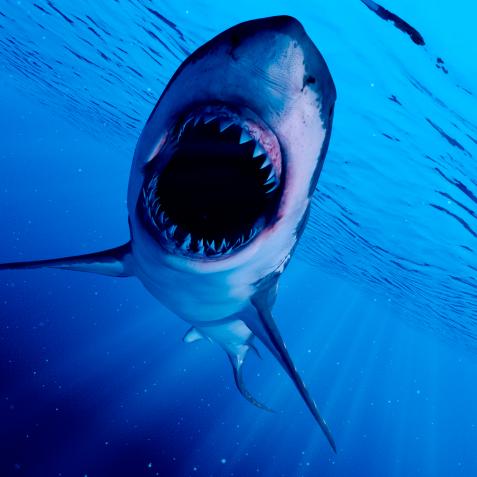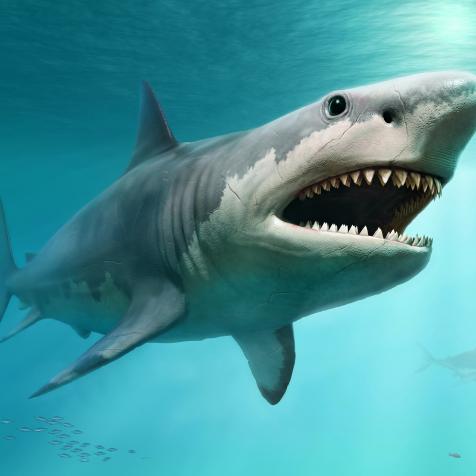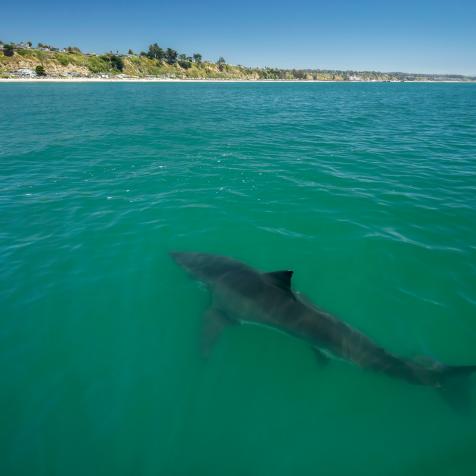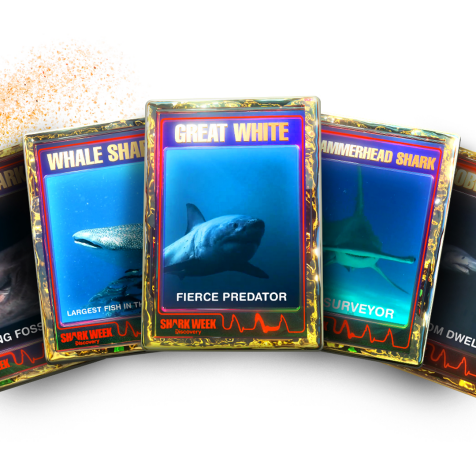
Kenshu Shimada
Say Hello to Megalodon’s Cousin: Megalolamna
Megalodon, the biggest shark to have ever lived has a cousin Megalolamna. It is, however, unclear whether this creature even existed.
Megalodon, which first appeared about 15.9 million years ago, is the biggest shark to have ever lived. Heck, it's the biggest predator in vertebrate history, growing to a size between 40 and 52 feet long.
And now we know Megalodon had a cousin: Megalolamna.
OK, so Megalolamna paradoxodon–as it's formally known–was a LITTLER cousin, growing to roughly 13 feet long, which is equivalent to modern-day great whites.
But its mouth was just as ferocious, boasting front teeth that grasped and back teeth that seized and sliced its diet of medium-sized fish.
The findings, published in the journal Historical Biology, were based on the discovery of five fossilized teeth -- the largest of which measured 1.8 inches in length -- in Japan, Peru, North Carolina and southern California. From those sites, researchers concluded that Megalolamna patrolled shallow, coastal waters in mid-latitudinal zones about 20 million years ago.
But despite the ancient shark's wide-ranging habitat, until 2016 we had no idea this car-sized creature even existed.
"It's quite remarkable that such a large lamniform shark with such a global distribution had evaded recognition until now, especially because there are numerous Miocene localities where fossil shark teeth are well sampled," said paleobiologist Kenshu Shimada, lead author of the study, in a news release.
Here's hoping the megatoothed shark family has a few more relatives still up its sleeve.

Kenshu Shimada


















